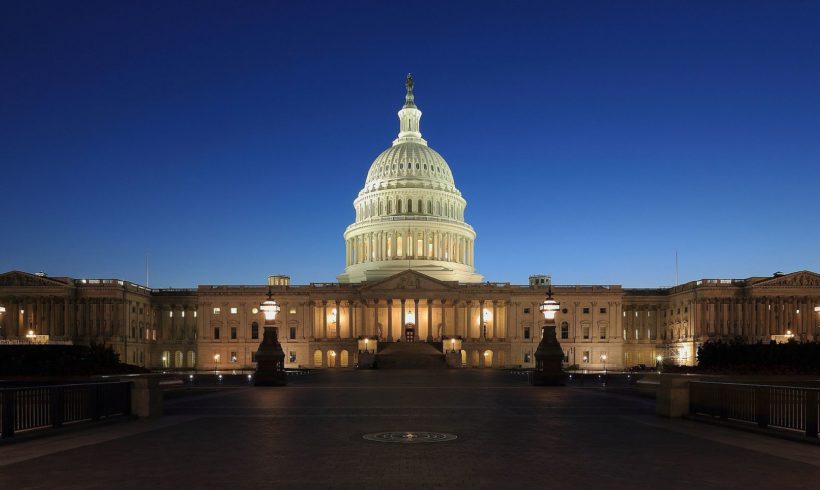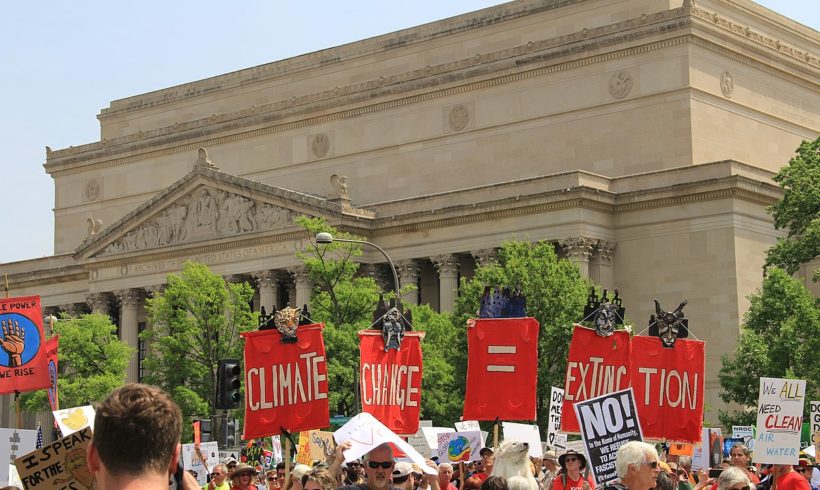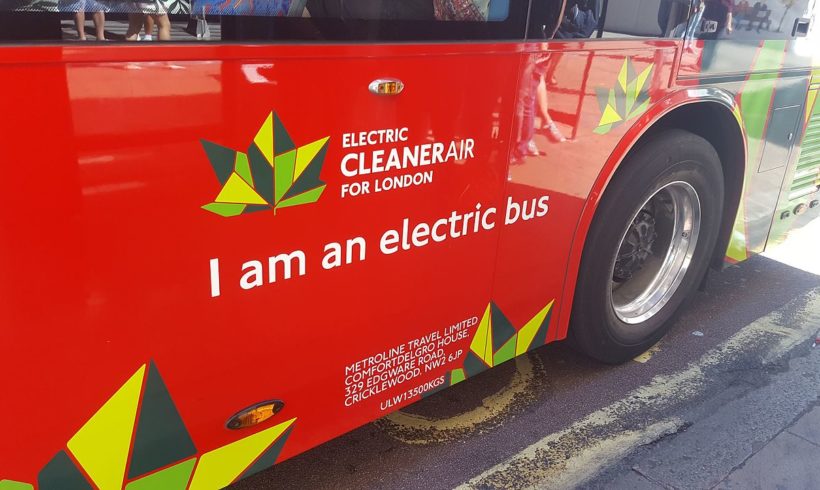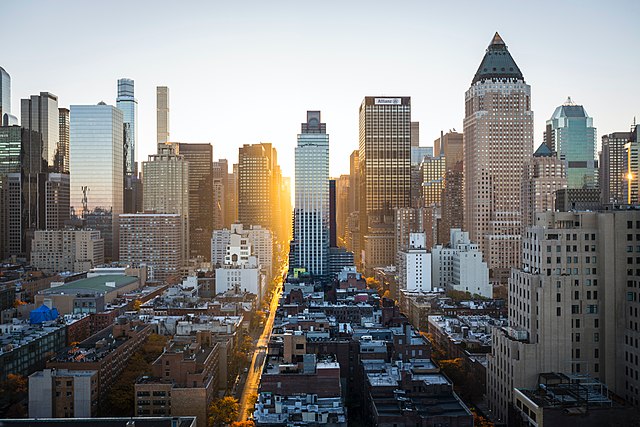By Miles Murray Big cities around the world are experiencing an urban crisis. Even after the COVID-19 pandemic caused massive migrations away from big cities...
Archive for category: climate-smart cities

Puebla’s Urban Air Pollution Solution
By DEBRA ACZEL and MIRIAM ACZEL Puebla and The City of Ideas This past November, we had the honor of attending the 12th edition of the Ciudad de...

What Washington, D.C.’s Progressive Climate Law Means for Commercial Real Estate
By Anica Landreneau The notion of a Green New Deal has been around for a while. Thomas Friedman coined the phrase in 2007, and Green...

Climate Change and Canada’s Carbon Tax: A Necessary Step
By BROOKE NEPO The most recent UN Intergovernmental Panel on Climate Change (IPCC) report highlights the future consequences of a warming planet if fundamental change is not...

4 Lessons from Bhopal and Bogotá on Launching Citywide Bike Sharing
Bike sharing has experienced astonishing growth since its first major breakthrough 20 years ago. Following the rise of dockless bike sharing, more than 1,000 cities worldwide now offer bike-sharing services. Around 300 cities implemented new systems in 2017 alone.
Bike sharing offers a bevy of benefits that make them attractive investments for sustainable cities. They help address mobility challenges such as congestion, poor air quality, high greenhouse gas emissions and lack of transport options. To help catalyze further expansion of this healthy and environmentally sustainable mode of transport, the Financing Sustainable Cities Initiative (FSCI) met with experts and cyclists in Bhopal, India, and Bogotá, Colombia.

How 3 Cities Are Navigating the Transition to Electric Buses
As today’s urban areas house more than half the world’s population and produce more than 80 percent of global economic activity, cities are uniquely positioned to deliver sustainable solutions. However, poor local air quality and issues related to global climate change are negatively impacting the lives of millions. Promising solutions exist – cities are increasingly turning to low- and zero-emission buses to decrease environmental impacts while creating economic, environmental and health benefits, for example. Transitioning bus fleets to clean technologies can also improve quality of service and reduce costs in the long run. So why aren’t all cities closing the curtain on diesel-fueled fleets and transitioning to electric?
To better understand this question and evaluate the barriers that cities face when taking on electric buses, the Financing Sustainable Cities Initiative interviewed three experts in three different cities going through the process, each with the objective of improving quality of life for residents and their urban environment.

The Challenge and Potential Savings of Managing Plug and Other Energy Loads in Buildings
By SHAWN SILVER, Budderfly Note: Budderfly is a company sponsor of Leaders in Energy’s professional networking event on “Building a Smart City: Global and Metro...

Cities of The Future: Integrating Climate Planning and Smart Technologies
By ARMANDO GAETANIELLO, Leaders in Energy In 2012, the economic cost of climate change related damages had already topped the US government’s spending for transportation...


